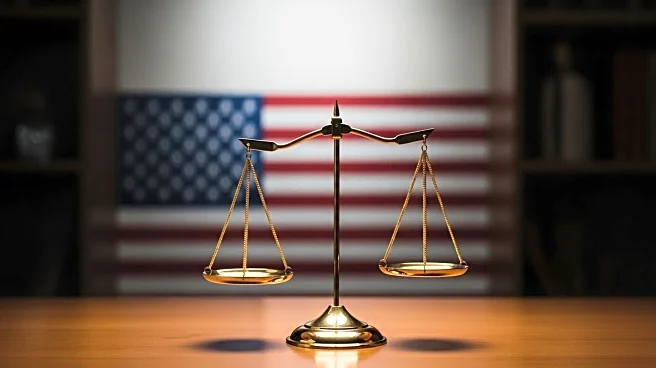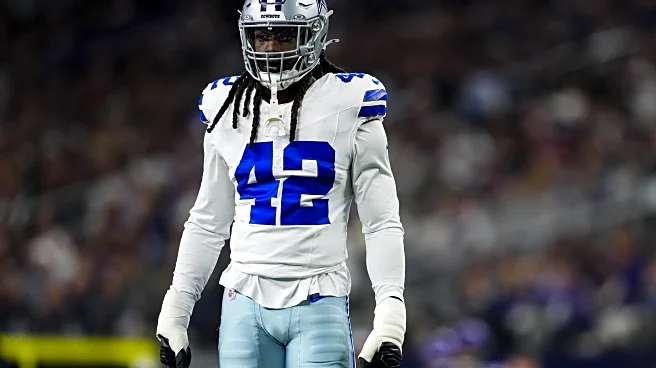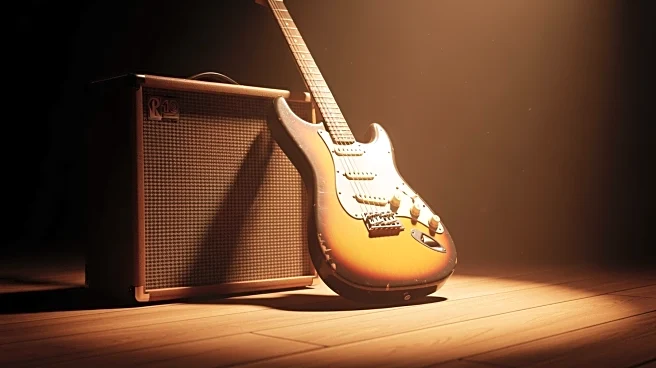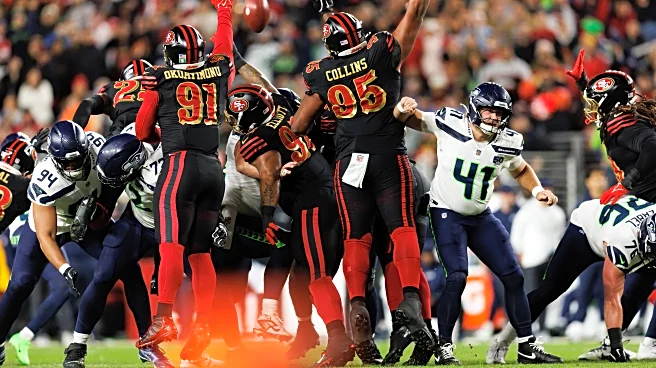What is the story about?
What's Happening?
President Trump has signed an executive order aimed at eliminating cashless bail for arrested suspects in Washington, D.C., and potentially other jurisdictions with similar policies. The order directs the administration to take actions, including federal funding decisions, if the city does not change its policy. The move is part of a broader effort by the administration to exert control over the capital, which has included deploying National Guard troops to combat crime. Critics argue that cash bail disproportionately affects low-income individuals, while supporters claim it is necessary for public safety.
Why It's Important?
This executive order could have significant implications for the criminal justice system and civil liberties. The elimination of cashless bail may lead to increased pretrial detention rates, particularly affecting low-income individuals who cannot afford bail. This could exacerbate existing inequalities within the justice system. The order also reflects the administration's broader approach to law enforcement and public safety, which has been criticized as overreaching. The potential withholding of federal funds from jurisdictions that maintain cashless bail policies could lead to legal challenges and further political debate.
What's Next?
The executive order may face legal challenges, particularly concerning its impact on civil liberties and the potential violation of constitutional rights. The administration's actions could prompt responses from civil rights organizations and local governments. The broader implications for other jurisdictions with cashless bail policies remain to be seen, as the administration may seek to expand its influence beyond Washington, D.C.
















